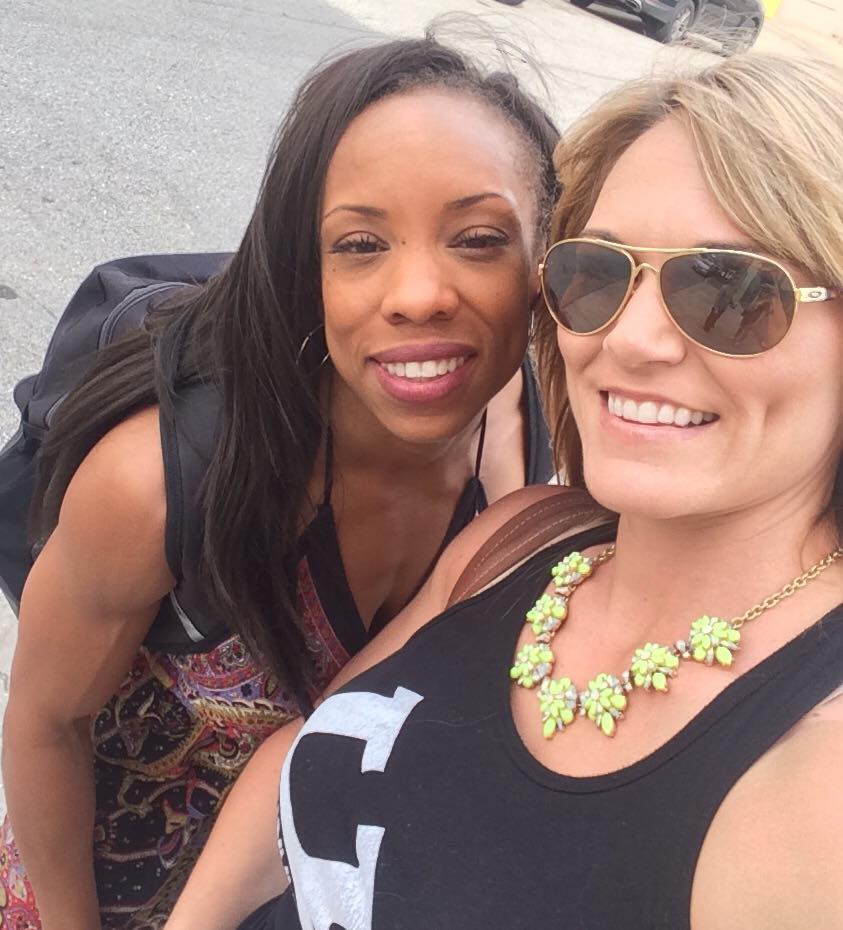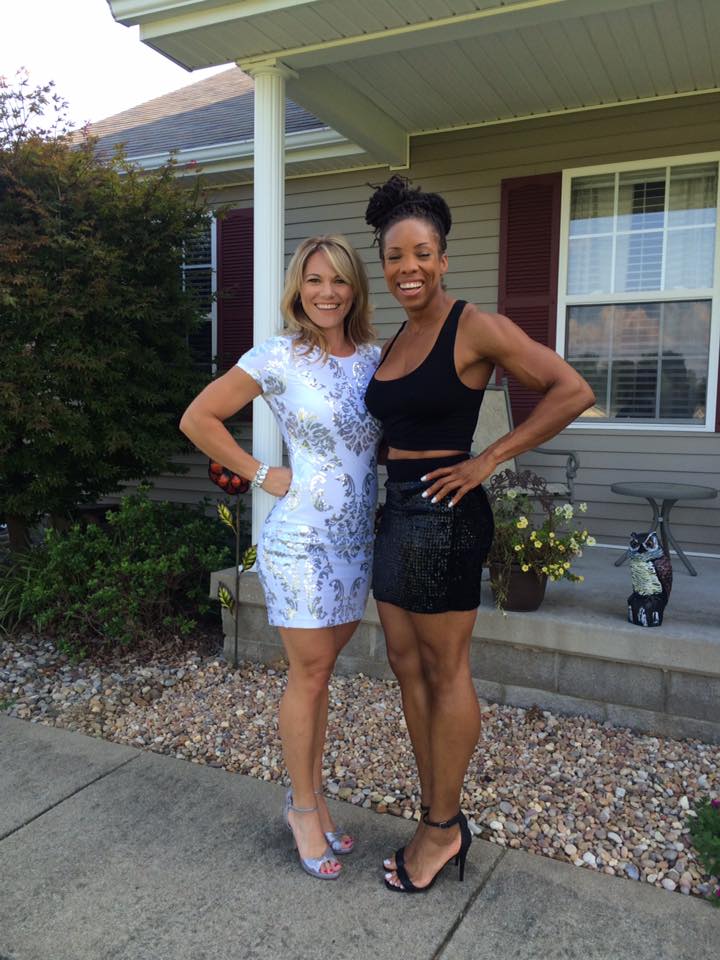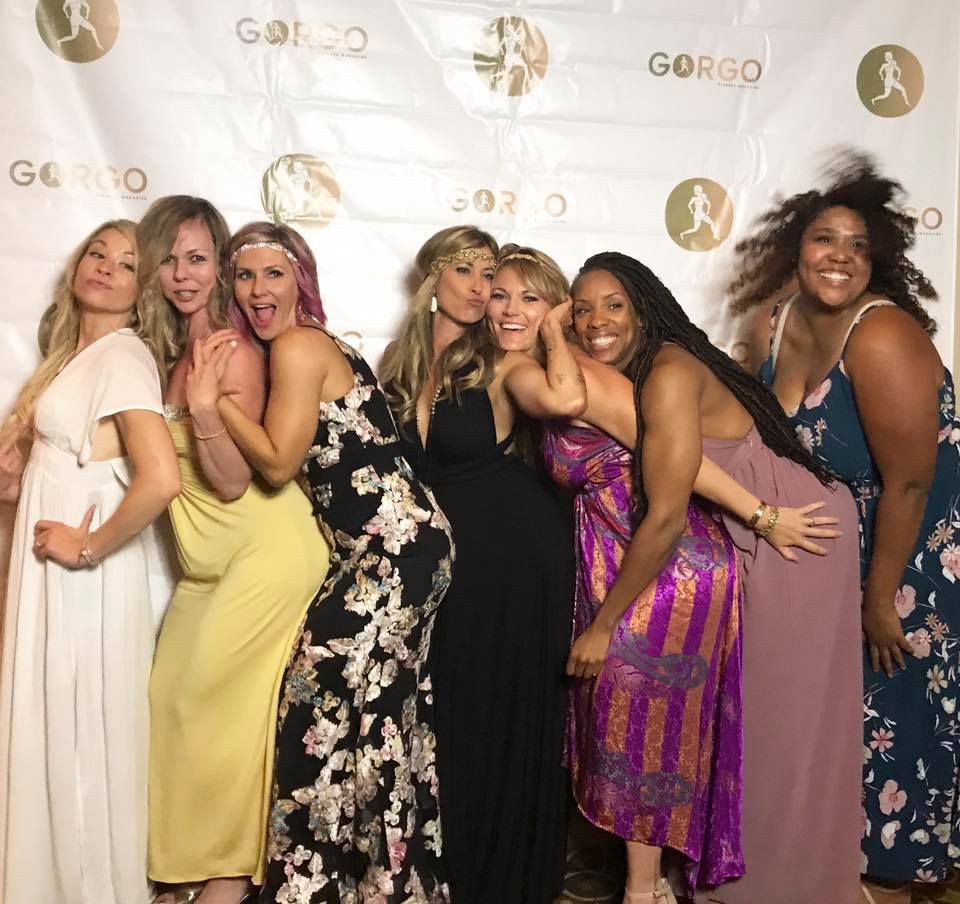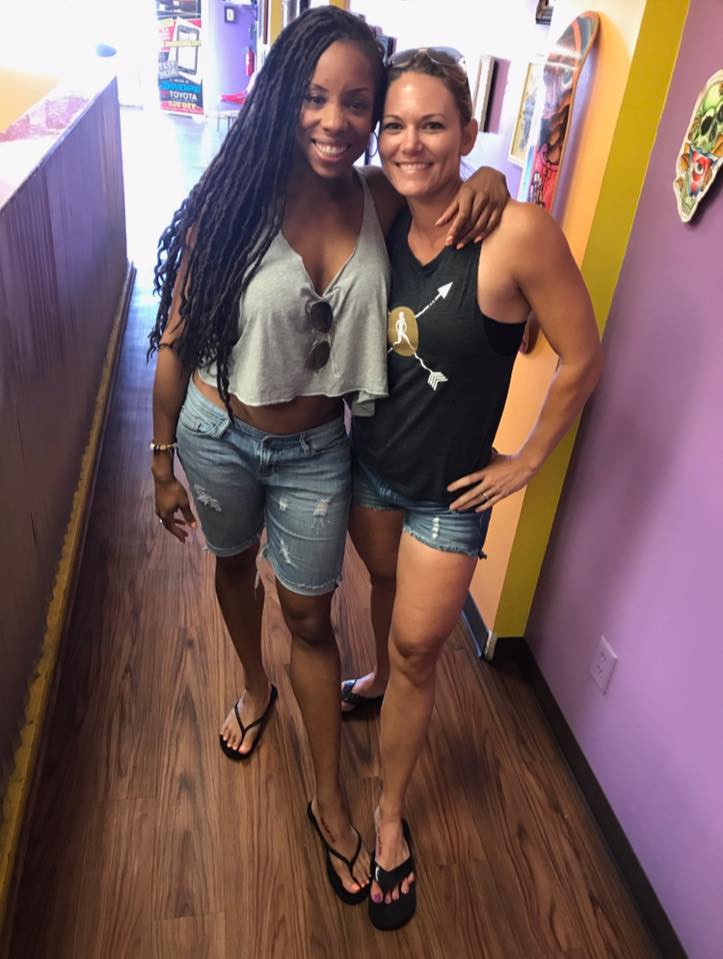#GorgoGirl Chat: A Conversation about Race with Cassandra Spencer & Val Solomon
/Two close friends, Cassandra Spencer & Valerie Solomon, both power women and mothers, one black, one white... have an honest conversation about race and how we can do better.
In the video above, I asked Cassandra if she could come up with some questions or thoughts to help other moms have honest conversation in their own homes about race. Here are her thoughts. -Val
Tips for Having Conversation with Your Children About Race
By Cassandra Spencer
Believe me when I say I understand how uncomfortable it can be talking about certain subjects. As an HR Director by day, I have at least 1-2 uncomfortable conversations every day. From the stinky guy at work, the boss and subordinate having an affair, finding crack in the bathroom (yup….people still do crack! And at work apparently), to racism on the job. Yes, I, a Black, Female HR Director encounter different facets of racism at work on a regular basis. I point this out because, no matter how many times, I’ve had to casually converse about the oddest and most outrageous subjects, it never gets easier. Every time I have had to take a deep breath and dive right into the thick. With that understanding, I want to share with you that while it does not get easier it must be done. And while you may not be getting paid to have uncomfortable conversations with your children, it is your job.
As a parent, part of our contribution to society is raising responsible, conscious, empathetic, honest little humans being into big humans beings that get to further shape our society and culture. Talking about race is a critical part of that development. In the same way we talk to our little girls about her speaking up for herself, societal expectations of beauty and the pressures of sex. Or we talk to our little boys about respecting women, the emotional and physical responsibilities of being a man and sex. These subjects are values that we teach our children to help shape them and their character. To help them make good decisions and fulfill their potential. If it has never been before, now is the time to insert race and the values we want to see surrounding it. This is not a perfect list. A sensitive topic such as this can always be improved upon. However, I was excited at the opportunity to share some of the conversations in my house and hope that they spark valuable conversations in yours….
1. Take a genuine interest yourself
What you teach can only be as good as your own understanding. I think we all agree that children learn by example. So, BE the change you want to see in the world, by educating yourself and living a life of acceptance. Be proactive and interested in the diversity that surrounds us. As we are presented with information about race/national origin, be inquisitive, open and even challenging of commonly accepted narratives.
2. Holidays
Holidays can be steeped in American tradition and joyous times for friends and families to come together. However, they often, also are glossy recreations of very painful events or mistruths. For example, it is widely debunked that Columbus found America, yet we teach and celebrate this in school. Thanksgiving is rooted in a very tragic celebration of genocide, but never spoken about. Amazingly enough the information is readily available for anyone who is willing to question the status quo. Challenging what we’ve been taught and seeking out REAL American history is needed
3. Current Events
There is a lot going on in the news right now. Just about every major league sport has experience some form of silent protest. Unfortunately, we continue to experience mass shootings across the country that are defined a ‘terrorist’ or ‘mentally ill’ depending on the nationality of the suspect. And as you find it age appropriate, it is a good idea to engage in a dialogue about what you are witnessing. Ex;
“Here’s why they are kneeling. What do you think?”
“This man committed this violent act, but is that a reason to dislike everyone who looks/worships like him?”
“______ (President, Leaders, Government, Football Player, etc.) is doing _______. Here’s what I think, what do you think?”
4. Take Their Lead
Just like sex, the conversation about race is usually more uncomfortable for us than it is for them. Most kids are honest and candid in their interest or dislike of subject. They will bring up their observations and instead of shutting down a topic or glossing over it, take a deep breath and dive right in. If you don’t know, you don’t know. If it’s uncomfortable and you stutter or go blank, that’s ok too. The point is that we need to let them know as children that it’s ok to talk about it, so that they grow into adults who talk about it.
5. It’s OK to See Color
We don’t ignore disabilities. Hey…wait a minute! I’m not saying that race is in anyway a disability, but it is something you can usually clearly see. If your child expresses a curiosity in that ‘brown’ or ‘black’ person or the person with ‘kinky hair’ or with the ‘slanted eyes’ or the women who ‘covers her hair’ or the numerous other physical identifiers, it’s ok to acknowledge that person. An appropriate conversation can follow about their potential ancestry/religion. Maybe an acknowledgment of the capacity you are observing….are they performing a negative or positive stereotype on tv or in real life, that you can discuss? Ex;
“This family sitcom has a family that looks very different than ours, but look how much we have in common!”
“Yes, that Fireman is ‘brown’ and saving lives”
6. Share the Diversity of Your Life
If you are a parent who has the benefits of diversity in your life, whether it be at work, in friendships, or other networks, you are already on the right path! While it’s critical to engage in conversation about race, it’s as important to invite and accept diversity in your own life. If your children observe your interactions and get to have their own experiences with people of other races, they will be better informed, more inquisitive, open and even challenging of commonly accepted narratives
If you've ventured down even one of these paths, take a moment to be proud of yourself for embracing the unknown. Reflect on how bad it probably wasn't. Understand that this is uncharted territory.... and none of us were provided a map. The great news is that, through proactive behavior, our interest in empathy, desire for tolerance and what we propagate, we get to decide our current environment. Even better news is that through our children we get to influence our future environment. At some point, I hope we are all so fortunate as to look upon our adult 'babies', heart swelling with pride at the amazingly accepting, loving, responsible protectors of society that they are and be able to give ourselves some credit. I don't know about you, but I'm from the generation where we sang "I believe the children are our future. Teach them well and let them lead the way". So, we shall.

















